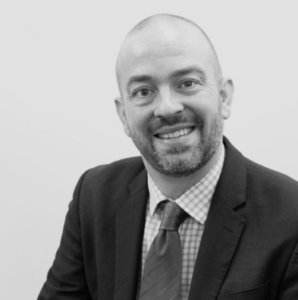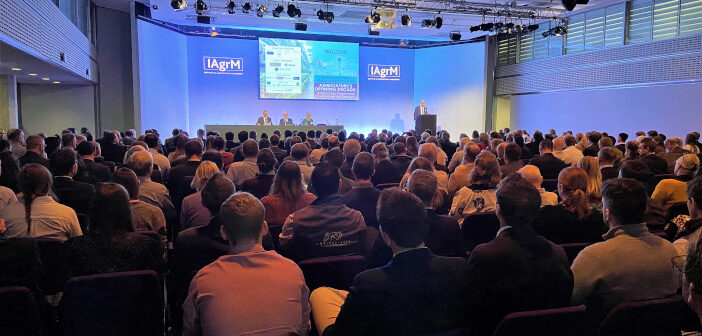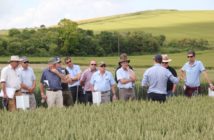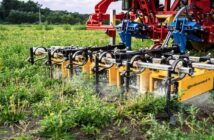A return to regenerative agricultural practices can work in harmony with the use of agri-technology, according to 89% of respondents to a recent survey.
The survey, carried out by The Institute of Agricultural Management (IAgrM) ahead of the annual National Farm Management Conference in November, also found 86% of farmers and agricultural industry professionals believe cost is the biggest barrier to the use of technology on-farm.
When asked what they believe will cause the biggest disruption to agricultural and environmental management in the years ahead, 49% cited economic uncertainty, and 46% said climate change.
The majority of respondents said they were already using regenerative practices, with 61% using minimal or no-till, 48% using diverse cropping rotations, 44% integrating livestock into arable systems, and 29% providing constant soil cover through the use of stubble or cover crops.
It was a similar picture for the uptake of technology, with 63% using farm management planning and recording software, 45% using telematics and GPS tracking, 42% using livestock technology, and 41% using precision agronomic support systems.
 IAgrM chairman, Carl Atkin-House, said it is interesting to see such a high proportion of respondents agree that regenerative agriculture and technology can work together: “At this year’s National Farm Management Conference we’re planning to explore the relationship between regenerative agriculture, which often encompasses a return to the less-used traditional aspects of farming practices, and technology.
IAgrM chairman, Carl Atkin-House, said it is interesting to see such a high proportion of respondents agree that regenerative agriculture and technology can work together: “At this year’s National Farm Management Conference we’re planning to explore the relationship between regenerative agriculture, which often encompasses a return to the less-used traditional aspects of farming practices, and technology.
“From the survey results, it’s clear that these two could go very much hand-in-hand, as demonstrated by the vast majority of respondents believing so. But it’s clear that we need to work out how this could work in reality, with costs of technology being so high on the agenda for many.”
The National Farm Management Conference takes place at the QEII Centre in London on 7 November 2023.
The conference title for this year is ‘What is the farm for? Technology v Tradition: The Future of Agricultural & Environmental Management.’ The opening session focuses on to the two biggest challenges facing humanity: climate change and biodiversity loss – which are compounded by an increasingly economically uncertain environment.
Speakers including Oxford University’s Professor Sir Charles Godfray, Sam Hall, from the Conservative Environment Network and Will Jennings, CEO of Rabobank in the UK, who will set the scene for the important debates about regenerative agriculture and agri-tech which will follow.
The varied programme includes a range of speakers, such as Martin Davies, CEO of Nuveen Natural Capital, the world’s largest institutional manager of farmland, and Aidan Connolley, a leading US-based expert on the future of agri-tech, from Kincannon and Reed.
For a full list of speakers, more details about the conference, or to book your space, please visit https://www.iagrm.com/conference/conference-summary




